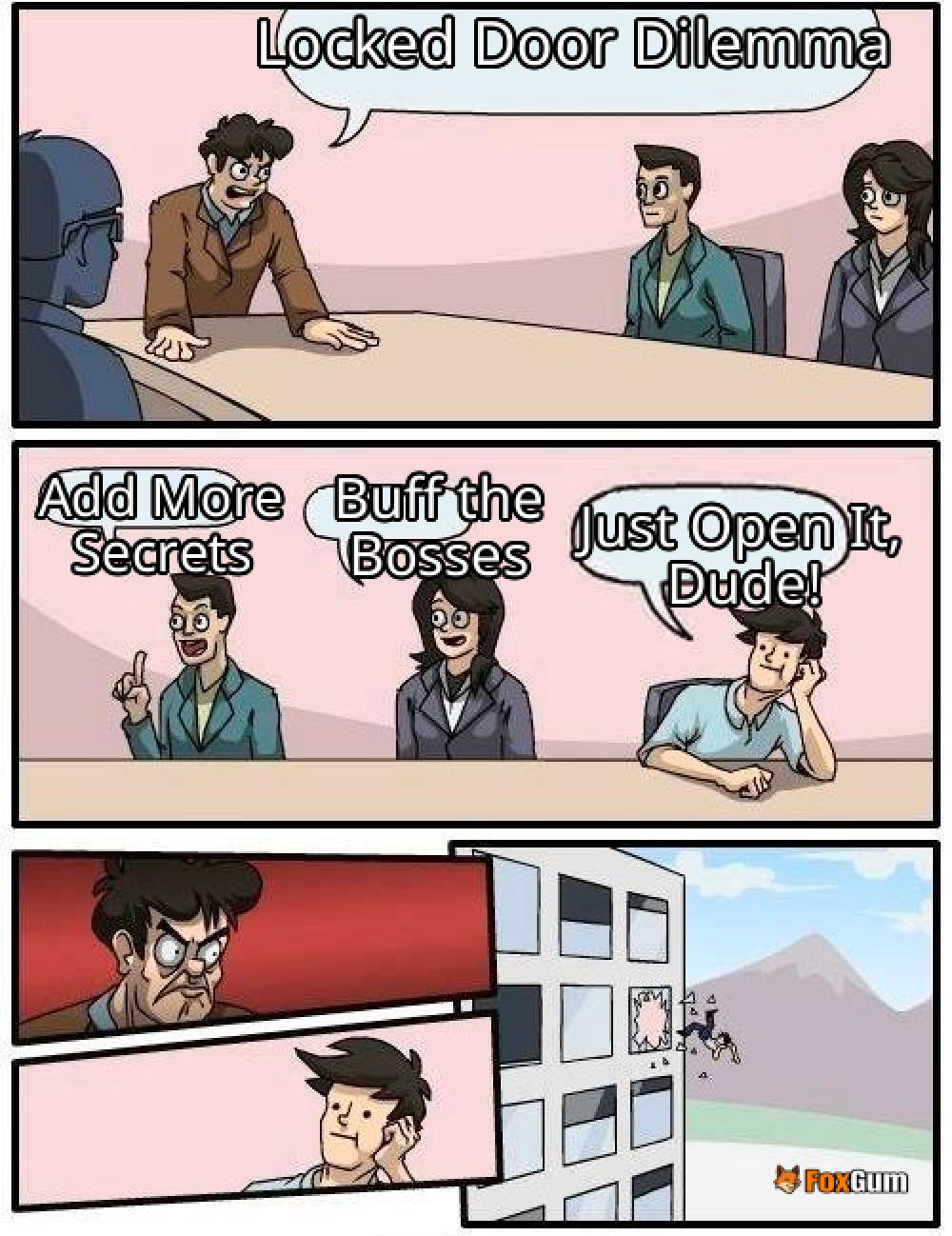
Trade Evaluation in Fantasy Football
In the competitive world of fantasy football, making the right trades can significantly impact your team's success. Trade evaluation is a crucial process that helps players assess the value of potential trades, ensuring they make informed decisions. This article will explore the importance of trade evaluation, the tools available, and how to effectively analyze trades.
The Importance of Trade Evaluation
Trade evaluation serves as a sanity check for fantasy football managers. Often, players can become biased toward their own roster, leading to skewed perceptions of player value. By evaluating trades objectively, managers can gain insights that may not be apparent when viewing their team through a personal lens.
Tools for Trade Evaluation
One of the most effective tools for trade evaluation is a trade calculator. These calculators utilize a constantly updated player value system to weigh both sides of a trade. For instance, RotoTrade's Fantasy Football trade calculator not only provides analysis but also offers recommendations on whether to proceed with a trade. This can be particularly helpful in redraft leagues as well as dynasty leagues, where player value can fluctuate significantly over time.
How to Use a Trade Calculator
Using a trade calculator is straightforward. Here’s a simple guide on how to effectively utilize this tool:
- Input Player Information: Enter the names of the players involved in the trade. The calculator will typically require details such as their positions and current performance metrics.
- Review Player Values: The calculator will generate player values based on various factors, including recent performance, injury status, and overall potential. Understanding these values is key to making informed decisions.
- Analyze the Trade: The calculator will provide an analysis of the trade, highlighting whether it favors one side or if it is balanced. This analysis can help you see things from a different perspective.
- Consider Your Team Needs: While the calculator provides valuable insights, it’s essential to consider your team's specific needs. For example, if you have a surplus of running backs but are lacking in wide receivers, trading a running back for a wide receiver may be beneficial.
Evaluating Player Value
Player value is not static; it changes throughout the season based on performance, injuries, and other factors. A player who starts the season strong may see their value decrease if they suffer an injury or if their performance dips. Conversely, a previously undervalued player may rise in value due to unexpected success. Staying updated on player trends is crucial for effective trade evaluation.
Common Trade Scenarios
When evaluating trades, consider common scenarios that often arise:
- Trading for Depth: If your team is strong in one position but weak in another, trading for depth can help balance your roster.
- Buying Low, Selling High: Target players who are underperforming but have the potential to bounce back. Conversely, consider trading away players who are performing above their typical level.
- Injury Considerations: Be mindful of injured players. Their value can fluctuate dramatically, and trading for them can be risky.
Conclusion
Trade evaluation is a vital skill for any fantasy football manager. By utilizing trade calculators and understanding player value, managers can make informed decisions that enhance their team's chances of success. Remember, the key to effective trade evaluation lies in balancing personal biases with objective analysis. Stay informed, be strategic, and enjoy the process of building your fantasy team.

















 Introducing Lady Araminta Bridgerton
Introducing Lady Araminta Bridgerton 
 Health
Health  Fitness
Fitness  Lifestyle
Lifestyle  Tech
Tech  Travel
Travel  Food
Food  Education
Education  Parenting
Parenting  Career & Work
Career & Work  Hobbies
Hobbies  Wellness
Wellness  Beauty
Beauty  Cars
Cars  Art
Art  Science
Science  Culture
Culture  Books
Books  Music
Music  Movies
Movies  Gaming
Gaming  Sports
Sports  Nature
Nature  Home & Garden
Home & Garden  Business & Finance
Business & Finance  Relationships
Relationships  Pets
Pets  Shopping
Shopping  Mindset & Inspiration
Mindset & Inspiration  Environment
Environment  Gadgets
Gadgets  Politics
Politics 